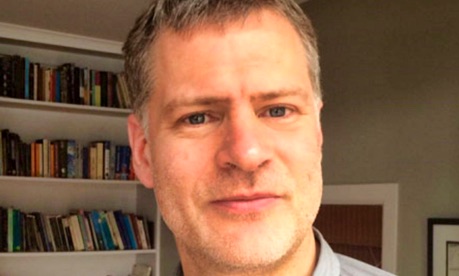Following the Christchurch massacre, Justice Minister Andrew Little announced a review of our hate speech laws.
Little wants the review to focus on “whether our laws properly balance the issues of freedom of speech and hate speech”.
He seems to want a bob each way on this question.
On the one hand, he has defended free speech – the right, within very broad limits, to say whatever we wish – as being a fundamental principle of free society.
On the other, he has claimed “current law specific to hate speech offences [is] very narrow”.
In particular, he has asked whether it is right “that we have sanctions against incitement of disharmony on racial grounds but not, for example, on grounds of religious faith”.
There is an obvious point of difference between ethnicity and religion in respect of Little’s question.
Ethnicity is an element of personal identity; it is something one is, rather than something one believes.
Religions, on the other hand, like political doctrines, are ideologies.
It would be especially dangerous to go down the road of protecting ideological beliefs from criticism on the grounds that those holding them might be offended.
Israel Folau recently lost his lucrative rugby career over comments that homosexuals are condemned to hell when they die.
Predictably enough, his comments were labelled hate speech. But those comments were made on religious grounds and while, no doubt, most modern Christians are accepting of homosexuality, the Bible condemns it as a sin in both the old and new testaments.
It’s easy to see from this example how hate speech legislation protecting both sexuality and religious beliefs could end in a quagmire of legal absurdity: Folau might have been prosecuted for hate speech against homosexuality, while simultaneously claiming those criticising him were themselves guilty of hate speech against his religion.
More broadly, is the question of what should be protected as free speech, and what should be condemned as hate speech, really one of balance, as Little has asserted?
I argue it is not. Continue reading
- Dr Michael Johnston is Associate Dean (Academic) in the School of Education at Victoria University of Wellington.
- Image: Stuff
